As a business grows, so does the need for help. With the addition of employees, the paperwork grows along with so many other areas of the business. If you have just hired your first employee or will in the near future, you will begin withholding taxes from your employees, paying taxes related to having employees and filing returns to federal and state agencies. The different due dates for payments and filing of returns may be monthly or quarterly, depending on the amount of the tax and the agency to which it is owed. You, as the owner of the business, may not have the time to do all of the paperwork involved with the employment taxes. And you may not have the money to hire a full-time staff person for this purpose. If you have three or more employees, you will need to have worker’s compensation insurance. The cost of this insurance is based on the type of job, the rate of pay and, in some cases, the size of your workforce. You will also need to have an employee handbook. And we have not even discussed the process of hiring and firing employees. A great deal of work and time is needed to make sure a small business is doing everything necessary to stay compliant with all of the different regulatory agencies.
So what are some alternatives to doing all of these tasks yourself? Outsourcing some or all of these tasks is possible. One option is to hire an accountant or CPA to take care of some of these tasks. They can assist with the proper amount of taxes you need to withhold, the amounts you need to make as payments to each taxing agency and when the returns must be filed. They will not be able to take care of the worker’s compensation issues or the human resource issues. But some of the tasks will be alleviated.
A second option is to work with a payroll service. Payroll services will usually take care of the paychecks, the taxes and the tax returns associated with having employees. Some may also be able to provide some assistance with worker’s compensation insurance and hiring issues. They may also have some resources to assist you in other areas of human resources.
A third option is the use of a PEO or Professional Employer Organization. Some may refer to this as an employee leasing service. Under this type of agreement, the owner of the business hires the employees and sets the pay rate. The employees are then turned over to the leasing company and the leasing company is responsible for the taxes and worker’s compensation insurance. The PEO charges an administrative fee for this service. Many PEO’s will also have other benefits associated with them. Many times, health insurance, retirement benefits and other employee benefits can be offered to your employees through the PEO. Choose the option that best suits the resources and needs of your business. Also, make sure that you discuss what you expect from the service provider and the fees that are associated with the service. Look into the future and ask about how the fee structure changes as new employees are added or salaries grow. Talk with other businesses around you to see what they are doing. Make sure you are maximizing your benefits from outsourcing. And always do regular checkups to make sure the option you chose a year ago is still the best option for you today.
(Source: Michelle Wright)


